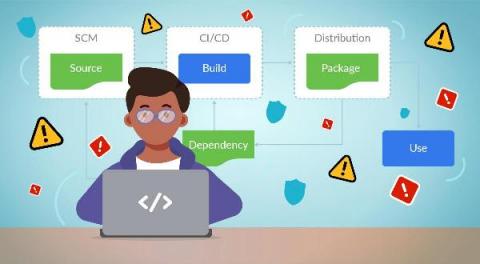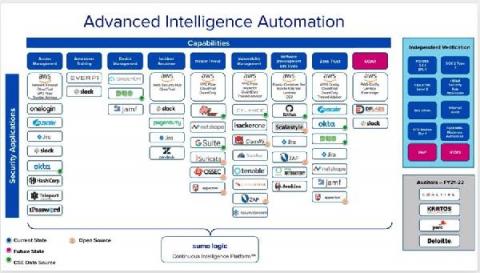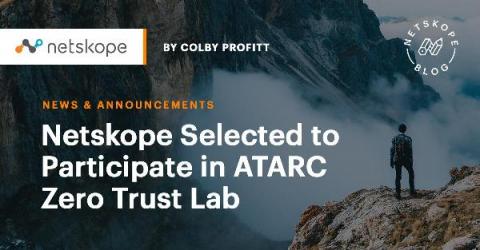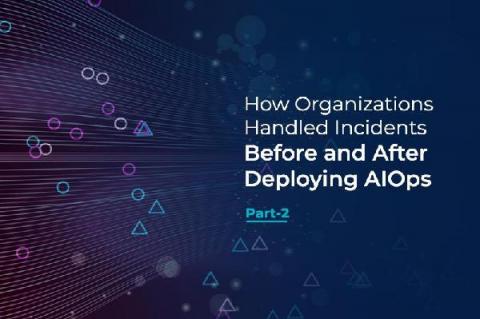Security | Threat Detection | Cyberattacks | DevSecOps | Compliance
Latest News
Introduction to SAST
DevSecOps means countering threats at all stages of creating a software product. The DevSecOps process is impossible without securing the source code. In this article, I would like to talk about Static Application Security Testing (SAST). As development fluency is growing every year, many companies are introducing DevSecOps. Its main message calls for ensuring continuous safety control at every stage of product creation. At the same time, DevSecOps processes are automated as much as possible.
"Chain"ging the Game - how runtime makes your supply chain even more secure
There is a lot of information out there (and growing) on software supply chain security. This info covers the basics around source and build, but does it cover all of your full software supply chain lifecycle? Is your build env at runtime protected? Is your application post deploy protected at runtime? This article will not only discuss what these concepts are, but provide additional discussions around the following: Read on brave reader…
Using Zero Trust to Mitigate Supply Chain Risks
Software supply chain attacks have been on the rise lately. With the current pervasiveness of third-party and open source libraries, which presumably developers cannot control as strongly as the code they create, vulnerabilities in these software dependencies are causing serious security risks to applications. Supply chain attacks abuse the inherent trust that users have with a software provider.
Arctic Wolf Acquires Habitu8 to Advance Security Awareness Training
Arctic Wolf’s acquisition of Habitu8 is a bold step forward in advancing security awareness training programs as attacks like phishing and credential theft continue to thrive. With 85% of attacks against organizations starting with human error, it’s perhaps not surprising that we continue to see low-quality, antiquated, and severely dated content recycled through organizations.
Supply Chain Security, Compliance, and Privacy For Cloud-Native Ecosystems
Netskope Selected to Participate in ATARC Zero Trust Lab
We are pleased to share that Netskope has been selected by the Advanced Technology Academic Research Center (ATARC) as one of 49 vendors to participate in its Zero Trust Lab. The Zero Trust Lab is a state-of-the-art physical and virtual test environment that will provide federal agencies with the opportunity to build, test, and evaluate new Zero Trust Architectures in a simulated environment.
.NET 5, Source Generators, and Supply Chain Attacks
Attacks executed through builds abuse trust we have in our build tools, IDEs, and software projects.
Secret backdoor allegedly lets the REvil ransomware gang scam its own affiliates
REvil is one of the most notorious ransomware groups in the world. Also known as Sodin and Sodinokibi, REvil has made a name for itself extorting large amounts of money from businesses, operating as a ransomware-as-a-service (RAAS) business model that sees it share its profits with affiliates who break into networks and negotiate with victims on the group’s behalf.










